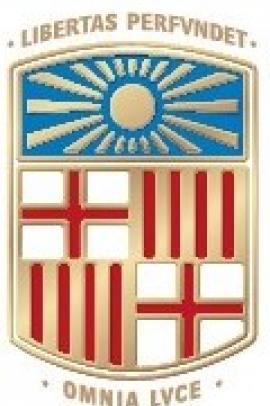During recent years, digital competence has become a key concept in the discussion of what kind of skills and understanding people should have in the knowledge society. It is more or less a political concept, reflecting beliefs and even wishes about future needs, and has its roots in the economical competition in which the new technologies are regarded as an opportunity and a solution (e.g. Punie, 2007, see also Sefton-Green, Nixon & Erstad, 2009; OECD, 2010). In research, the concept is still seldom used. Because of the novelty of the concept, we decided to consider digital competence from two points of view: first, based on research evidence and, second, based on some main policy-related papers. It was also needed to consider the synonyms and the related concepts to cover the entity of digital competence because the technologies are in rapid change, and they change also the practices and the necessary competences.
Date
DOI
During recent years, digital competence has become a key concept in the discussion of what kind of skills and understanding people should have in the knowledge society. It is more or less a political concept, reflecting beliefs and even wishes about futur
Abstract
URL
https://tuhat.helsinki.fi/portal/files/48681684/Ilom_ki_etal_2011_What_is_digital_competence.pdf








